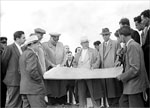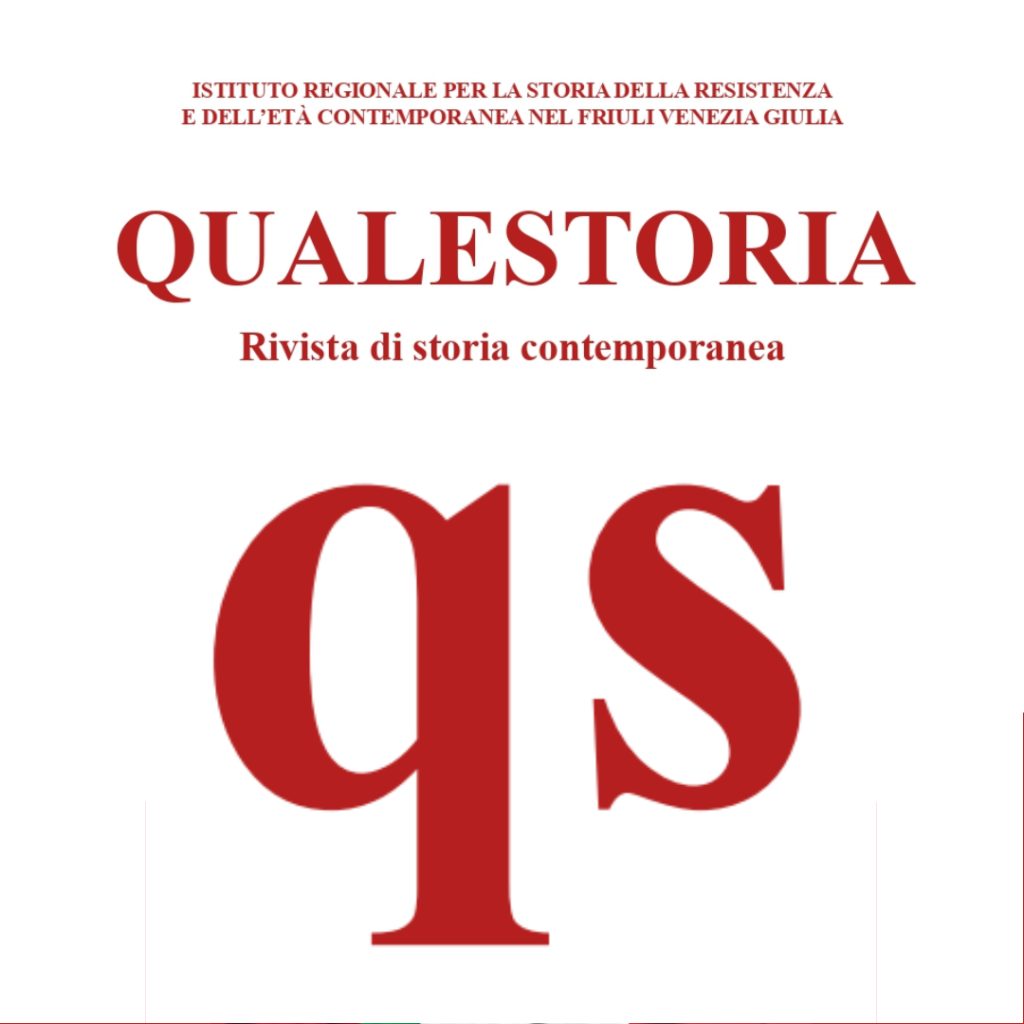The Soviet Bloc as a Project of Globalization
 The Soviet Bloc as a Project of Globalization
The Soviet Bloc as a Project of Globalization
21 April 2011, 12:00 p.m. – 1:30 p.m.
6th Floor Moynihan Boardroom
Woodrow Wilson Center
Visit www.CWIHP.org for more information and to RSVP.
With the wider opening of communist-era archives, important new works have reassessed the origins of the Cold War in Europe and East Asia, local techniques of Soviet rule, and the interplay between ideology and geopolitics. Yet this research has often pointed up a paradox: scholars have often detailed failures at the national level, even as Sovietization became institutionalized and something recognizable like a “second world” did in fact emerge. What accounts for this paradox?
Based on extensive research in Albanian, German, and Russian archives and by focusing on transnational exchange, Elidor Mehilli, doctoral candidate in modern European and Eurasian history at Princeton University presents the case for treating the Soviet bloc as a kind of globalization project. Mehilli’s presentation discusses efforts to institutionalize socialist technical aid to the underdeveloped periphery (Albania), harmonize planning practices, and circulate ideas and people across borders. These circulations were not always directly controlled by the Soviets; East Germans and Czechoslovaks brought their own techniques and interests to the underdeveloped south. And just as these circulations helped shape a recognizable socialist material landscape, so they also generated misunderstandings, highlighted differences, and produced conflict. By offering a local, regional, and international view of these transfers and tensions, Mehilli’s presentation surveys the grand ambitions and distinct peculiarities of socialist globalization.
Joining Mehilli on the panel is Wilson Center Public Policy Scholar, Marc Frey.
Christian Ostermann, director of the Wilson Center’s History and Public Policy Program, will chair the event.
Elidor Mehilli is a doctoral candidate in modern European and Eurasian history at Princeton University, where he is completing a dissertation on exchanges in ideas, practices, and technologies throughout the socialist world during the Cold War. He has held a Mellon fellowship at The George Washington University and a Whiting fellowship at Princeton. His work is forthcoming in the Journal of Cold War Studies and in Kritika: Explorations in Russian and Eurasian History.
Marc Frey is a Wilson Center Public Policy scholar and an associate professor of history at Jacobs University Bremen, where he holds the Helmut Schmidt Chair of International History. Frey received his Ph.D. and his habilitation in modern history from the University of Cologne. He is a past fellow of the Netherlands Institute for Advanced Study, the Center for Advanced Study of the National University of Singapore, and the German Historical Institute, Washington DC. Frey’s publications include Der Erste Weltkrieg und die Niederlande, Geschichte des Vietnamkriegs, and Dekolonisierung in Sudostasien. His current research interests focus on the history of population discourses, the history of development theories and practices, and late colonialism and decolonization.













